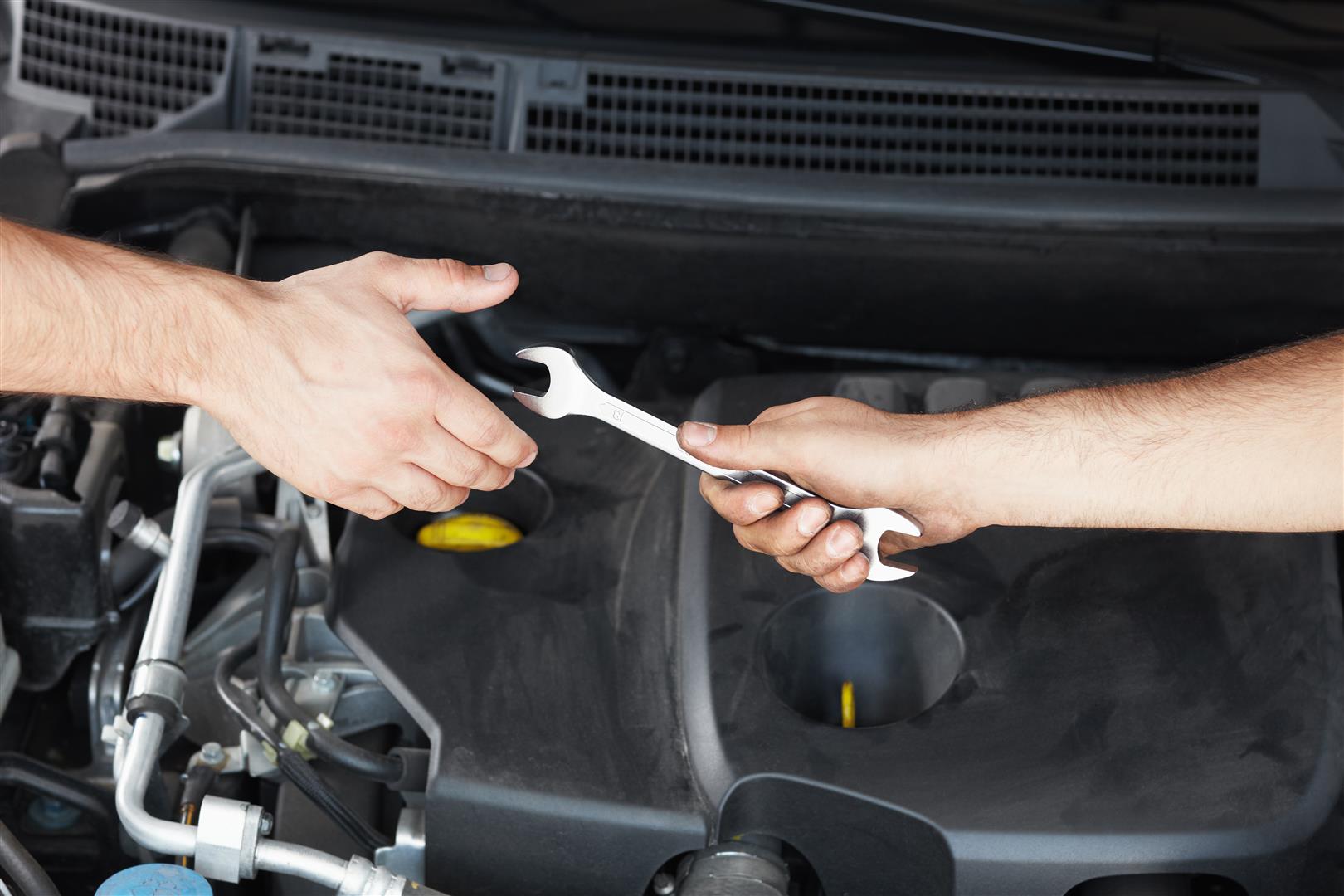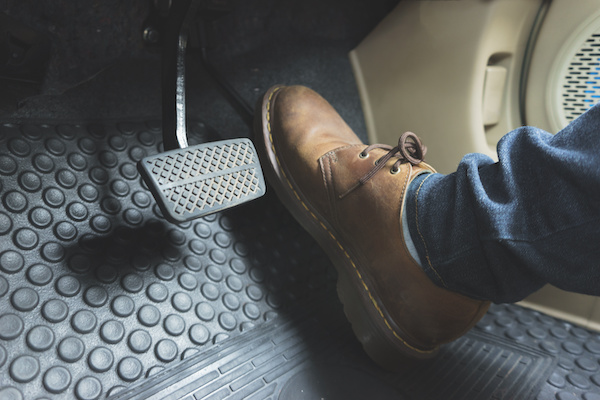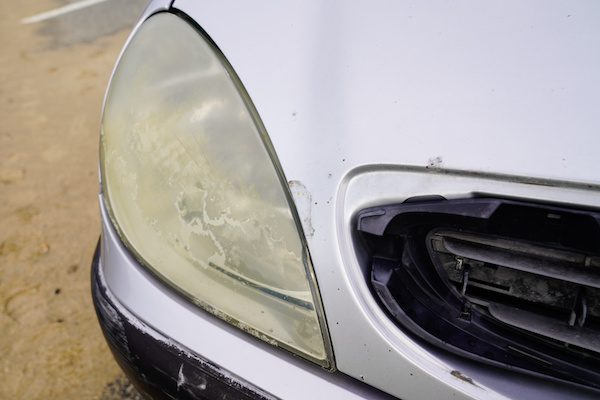Posted on 2/18/2026

If you feel your steering wheel shake or vibrate when applying the brakes, it’s a sign that something isn’t working the way it should. While the issue may start out subtle, ignoring it can lead to reduced braking performance, uneven tire wear and more expensive repairs down the road. Here are some of the common causes of this problem: Warped Brake Rotors One of the most common causes of steering wheel vibration during braking is warped brake rotors. Over time, heat from repeated braking can cause rotors to wear unevenly. When brake pads clamp down on a warped surface, the vibration travels through the steering system and into the wheel. Worn Brake Pads or Hardware Brake pads that are worn unevenly or installed improperly can also create shaking. Loose or damaged brake hardware may allow components to move ... read more
Posted on 2/11/2026

A gasoline smell coming from your vehicle is never something to brush off—especially if you just filled up. While some causes are minor, others can be serious safety concerns. Knowing what the smell may indicate can help you take action before it turns into a bigger problem. Loose or Damaged Gas Cap One of the simplest causes of a gas smell is a loose, cracked or missing gas cap. If the cap doesn’t seal properly, fuel vapors can escape from the tank. This can create a noticeable odor and may even trigger a check engine light. Replacing or tightening the cap may solve the issue, but it’s still wise to have it inspected. Fuel Leaks in Lines or Hoses Fuel lines and hoses carry gasoline from the tank to the engine. Over time, they can crack, corrode or loosen. Even a small leak can produce a strong ... read more
Posted on 2/4/2026

Motor mounts may be out of sight, but they play an important role in your vehicle’s comfort, stability and performance. These components secure the engine to the frame while absorbing vibration and controlling movement. When motor mounts wear out or fail, the symptoms can show up in ways many drivers don’t immediately recognize. Excessive Vibration at Idle One of the earliest signs of worn motor mounts is increased vibration, especially when your vehicle is idling. If your car feels rough while stopped at a light or vibrating more than usual when parked, the mounts may no longer be isolating engine movement effectively. Clunking or Banging Noises Damaged motor mounts often cause clunking or thudding noises when accelerating, braking or shifting gears. As the mounts weaken, the engine c ... read more
Posted on 1/21/2026

Power steering is one of those systems you don’t think much about—until something goes wrong. When it’s working properly, steering feels smooth, responsive and effortless. But when power steering fluid breaks down or components begin to wear, you may notice stiffness, noise or difficulty turning the wheel. Routine power steering system service helps prevent those problems and keeps your vehicle safe and comfortable to drive. What Does Power Steering Fluid Do? In many vehicles, power steering fluid plays a critical role in lubricating and protecting the system’s components. Over time, heat, moisture and contaminants can degrade the fluid. When that happens, internal seals, hoses, and the power steering pump are more likely to wear prematurely. Servicing the system by flushing old fluid and replacing it with fresh fluid help ... read more
Posted on 1/14/2026

Winter days are shorter and that means more driving after dark, which presents challenges that many drivers underestimate. Reduced visibility, glare from oncoming headlights and fatigue can all increase the risk of accidents.The good news is that a few proactive steps can significantly improve nighttime visibility and overall driving safety. Headlight Care Start with your headlights. Over time, headlight lenses can become cloudy or yellowed, reducing light output. Even if your bulbs are working, hazy lenses can dramatically limit how far you can see. Replacing dim bulbs and restoring or replacing foggy lenses can make a noticeable difference. Headlight angles can also be inspected and adjusted for optimum performance. Other Exterior Lights Next, check all e ... read more